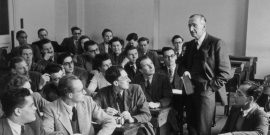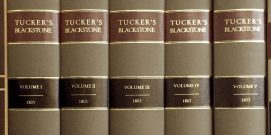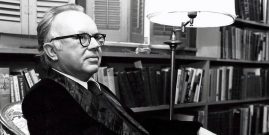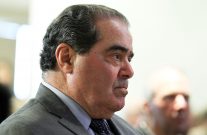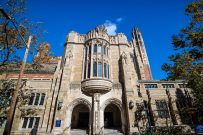Babbitt clearly locates himself in the humanist camp but prefers the religious to the naturalist mode.
Allen Mendenhall
Babbitt's Democracy and Leadership reflects a kind of humanism that may seem alien to our time, but remains vitally relevant.
Hayek defies ready classification, but his central insights are very much needed in our time.
Reversing the Slaughter-House Cases may just lead to a reenactment of the problem we're hoping to resolve.
Historically, the legal order of England prioritized prudence and gradualism over fanaticism and ideology.
The University of Austin is that odd combination of traditional and innovative, pouring old wine into new wine skins.
Unlike the North, the agrarian South was a distinct civilization defined by an achievement in self-culture and self-control.
Faulkner transports his readers through time, sometimes alternating narrators, with repeated attention to the same families and figures.
Wordsworth's was a prophetic voice, but one that, through the medium of poetry, celebrated meekness, kindliness, graciousness, and compassion.
Reading Tucker today can help us see the costs of the Hamiltonian victory.
Russell Kirk’s invigorating primer on the history and characteristics of American conservatism has been reissued.
If only the authors had a better grasp of conservatism, they might have been more informative about Justice Scalia’s influence on our law and politics.
James McClellan’s Liberty, Order, and Justice offers a wise introduction to the philosophy and politics of the U.S. Constitution.
The growing chasm between law professors and the practicing bench and bar should make the legal academy think differently about hiring faculty.
Allen Mendenhall is Associate Dean and Grady Rosier Professor in the Sorrell College of Business at Troy University and Executive Director of the Manuel H. Johnson Center for Political Economy. You may visit his website here.

